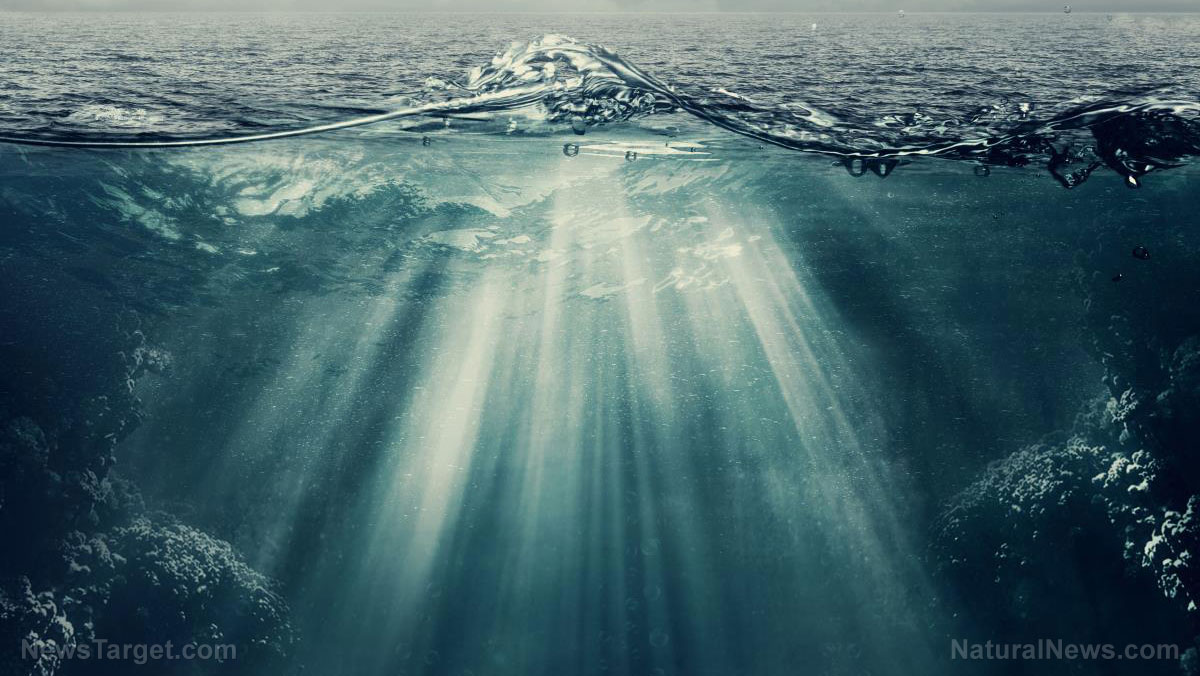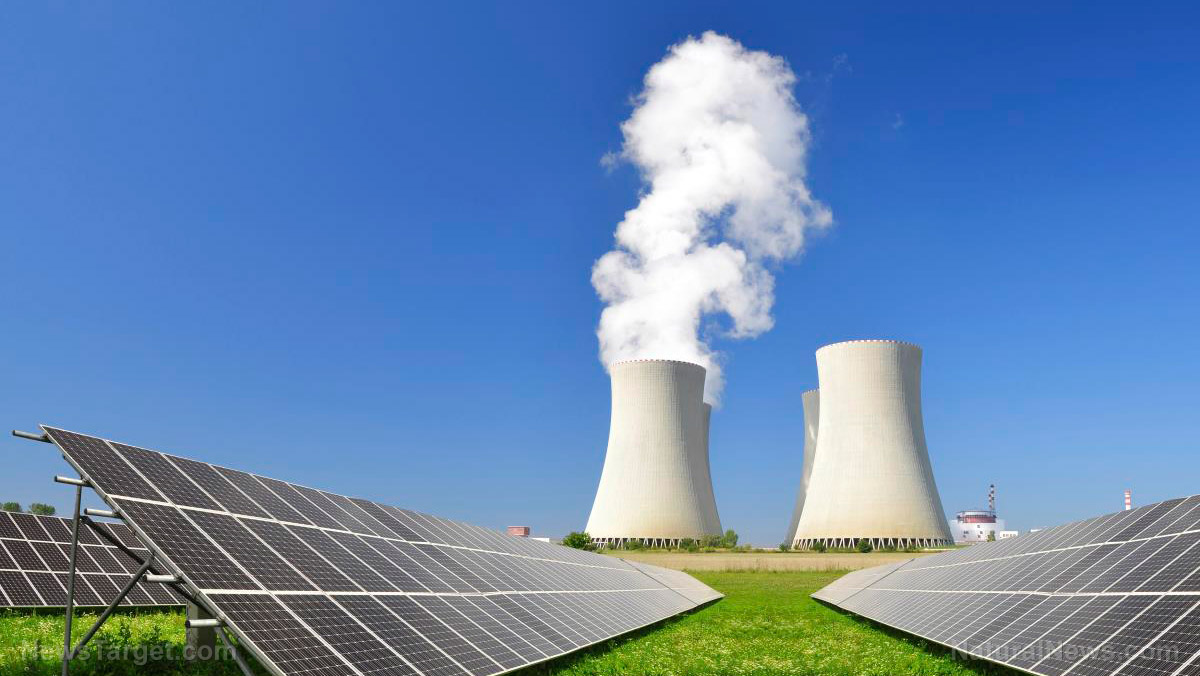
The Washington Department of Natural Resources (WA-DNR) simulated a magnitude 9 earthquake located inc the Cascadia Suboduction Zone. Their simulations showed that the quake could trigger a powerful tsunami that can overwhelm Washington's coastal and shoreline communities.
The first wave can travel quickly; coastal locations will be washed over by a massive tsunami less than 30 minutes after the quake has hit.
"We recommend people to plan their evacuation routes and know where high ground is and how to get there," said WA-DNR Chief Hazards Geologist Corina Allen.
The initial wave will arrive a few hours later in highly populated areas such as Seattle.
Allen advised people to stay in a safe location even after the first wave has subsided. A tsunami is a multi-wave event, which means it comes in a series of waves that can persist for hours to days, according to the WA-DNR.
Tsunami inundates Washington coast
The Cascadia Subduction Zone megathrust fault is a dipping fault that stretches 620 miles from Northern Vancouver Island to Cape Mendocino in northern California. Major earthquakes located in Cascadia occur every 300 to 600 years. And it has been 320 years since the last magnitude 9 earthquake in 1700.
"There is no earthquake season. It could happen today, it could happen tomorrow or 50 years from now," said Allen.
Geologists at the WA-DNR developed computer simulations to assess hazard risk in the event of a magnitude 9 earthquake. The simulations showed that Washington's outer coast will be hit by the initial wave 15 to 20 minutes after the ground starts shaking. The initial and succeeding waves could reach 10 feet or higher.
Grays Harbor and the Willapa Bays will be the most affected among nine coastal communities, which include Washington Coast, Bellingham and the San Juan Islands.
Inner coastal areas will have more time to evacuate to higher ground. The initial wave will hit Seattle about two hours and 20 minutes after the initial quake. Tacoma will have its first wave 20 minutes after Seattle while Olympia will have its first wave four hours after the quake.
"[The wavefront] splits at around Port Townsend and heads north into Bellingham and the San Juan Islands and then it heads south down the Hood Canal into Seattle, Tacoma and down into Olympia," explained Allen.
Besides the tsunami, Washington residents will also be dealing with damage resulting from the earthquake. The WA-DNR warned of falling debris, collapsed buildings and damaged roadways.
Catastrophic Cascadia earthquake
Federal officials previously conducted an earthquake and tsunami drill in the Pacific Northwest states. The drill, part of a four-day preparation event called Cascadia Rising, was done in the event of a magnitude 9 earthquake 95 miles off the coast of Oregon.
The hypothetical quake is located in the Cascadia Subduction Zone and is expected to generate a tsunami. Authorities projected that such a dual disaster can cause 14,100 casualties and 24,000 injured people.
An official spearheading the drill said that when the Cascadia ruptures, it can cause "a catastrophe like nothing we have ever seen."
Scientists estimate that there's a 37 percent likelihood of an earthquake with a magnitude of 7 and above occurring along Cascadia in the next 50 years. Intense shaking is expected to be felt throughout the Pacific Northwest. (Related: Scientists warn about wave of catastrophic earthquakes about to be unleashed from enormous hole discovered in ocean floor.)
Subduction zones, regions in which a tectonic plate moves beneath a heavier plate, are responsible for many of the world's biggest earthquakes. The 2004 earthquake and tsunami in the Indian Ocean was caused by seismic movements emanating from a subduction zone. The quake killed nearly 230,000 people from several nations.
Disaster.news has more on scenarios of a major earthquake along Cascadia.
Sources include:
Please contact us for more information.























